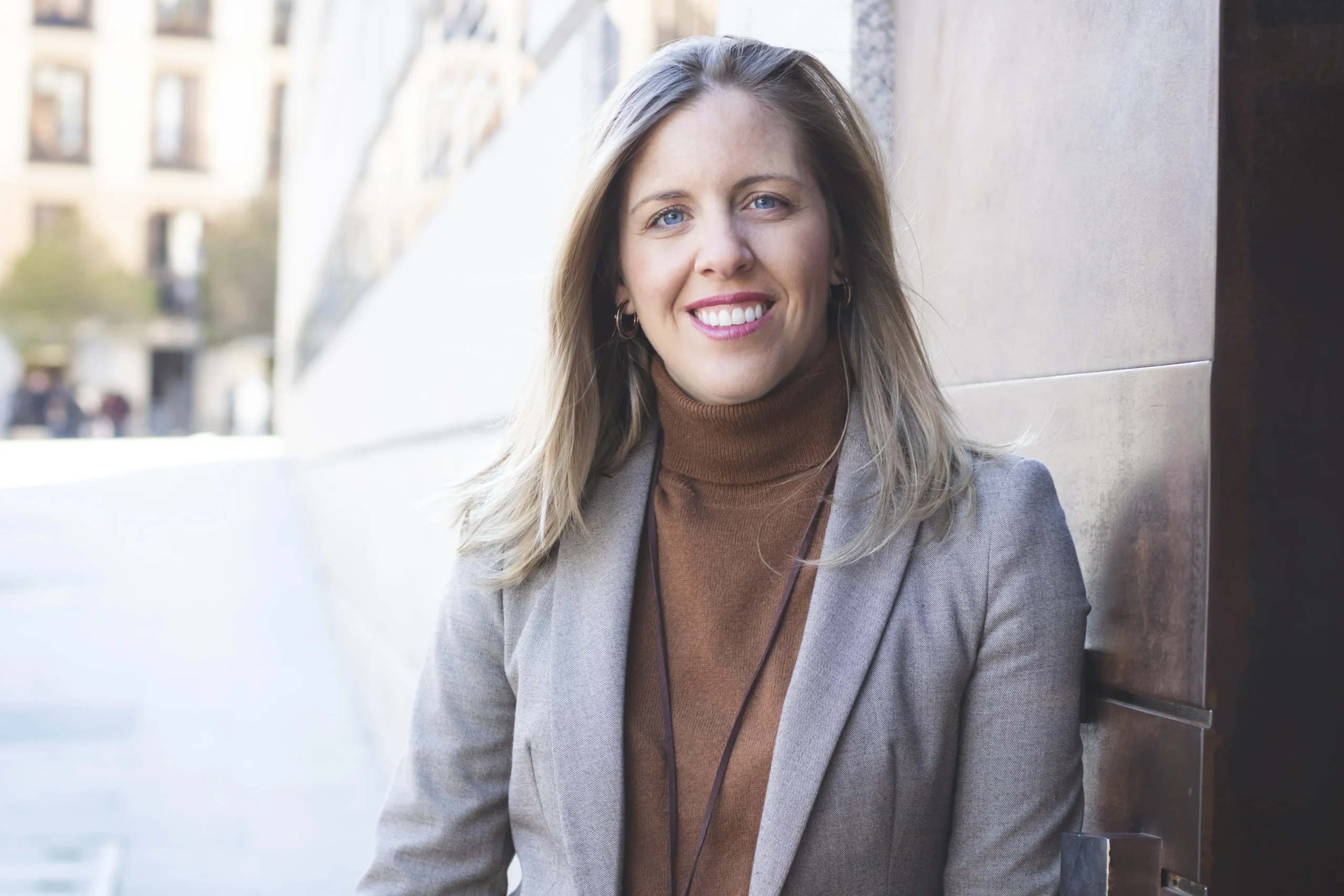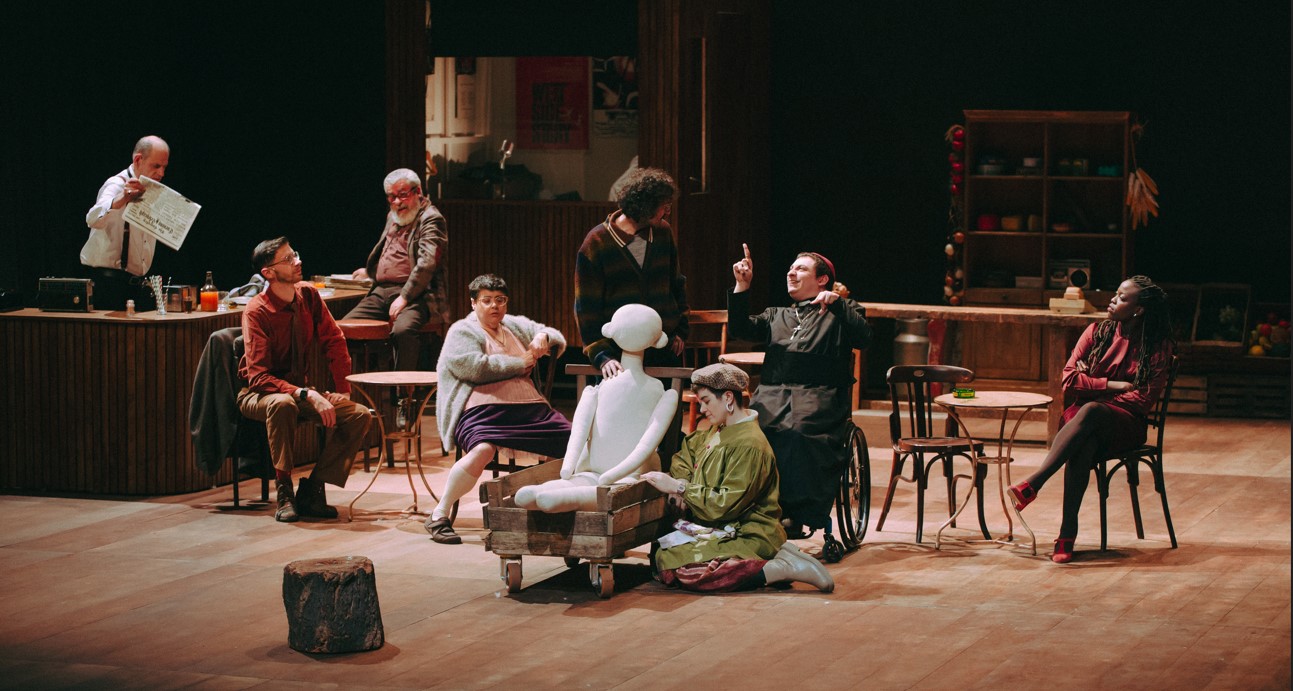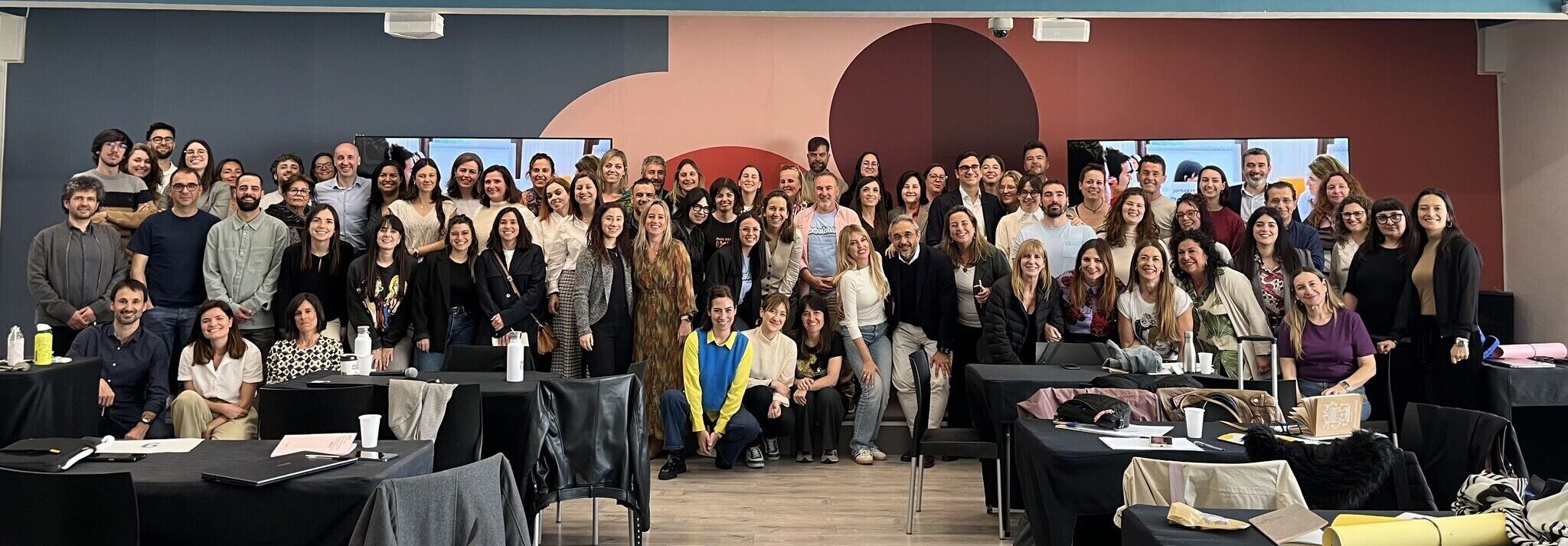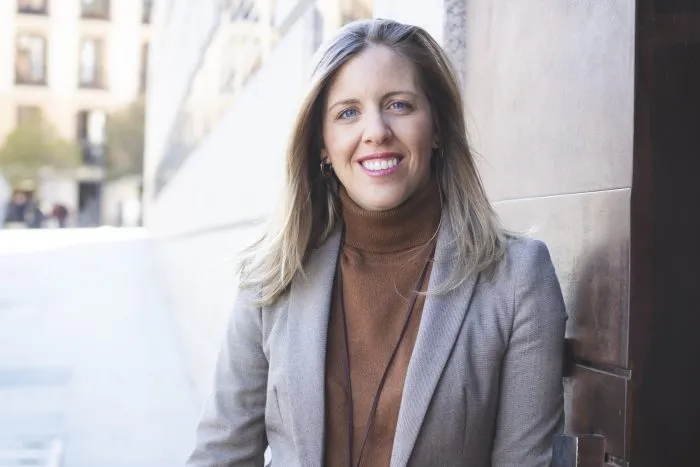
For three years now, our Foundation and the Reina Sofía School of Music have been supporting the ‘Musical Innovation and Entrepreneurship’ programme, which is aimed at the School’s students and aims to offer them the tools and skills to launch their own musical projects and which also seeks to bring all audiences closer to classical music. We spoke to the School’s CEO, Julia Sánchez, to find out more about how this programme has been growing and developing.
What has been the response of students at the School to the ‘Musical Innovation and Entrepreneurship’ programme? Their response has been very positive. Young musicians are very aware of how quickly the world is changing, both in general terms and in relation to music in particular. The School places a lot of emphasis on technical skills and on musical interpretation, because it is fundamental. However, thanks to the Musical Innovation and Entrepreneurship Programme, students are realising that they also need to develop other types of skills, such as story-telling, communication, project management and career planning, innovation in concert formats, the generation of new audiences, etc. And it’s not just a case of developing these skills, it is also a case of encouraging students to reflect on the world that we live in and on the role that music and musicians need to play in this world, to think about the power that music has to transform the way in which we tackle these social challenges and on the way in which music can help to create a space in which people from all walks of life can coexist peacefully.
What do participants take away from the programme once they complete it? Do they continue to work on the projects that they started during the programme? Does it change how they see their future as musicians or entrepreneurs in the sector? Without a shadow of a doubt, the programme makes them more aware of the responsibility that they have and of just how much they, as musicians, can contribute to the lives of others. It also fosters their ability to envisage and develop new projects. As the great architect Renzo Piano said during the tribute concert that we held last summer, “if you want to be creative, then you will be”. The Innovation and Entrepreneurship programme teaches our students that, if they really want to, they can be a lot more creative than they thought possible in the artistic, social and technology fields.
How do young musicians perceive the opportunity to use tools like this to launch their own projects? They are aware that classical music needs to adapt to the 21st century and they are extremely grateful. An entrepreneurial attitude is necessary in all professions, including music. We have placed more emphasis on the practical side of the programme, in which students develop their own projects with the help of a coach, and less emphasis on theory. And this is something that students have wholeheartedly embraced.
And what about the School itself? How does the School regard the previous editions of the programme based on the results obtained? It has been a privilege to have been able to be leaders in Spain in the field of musical education, with a project that is innovative in many ways. We have paved the way for others. For example, we have developed the programme in three separate fields: artistic, social and technological. We have also assigned a budget to deserving projects to contribute to their development. Above all, the Musical Innovation and Entrepreneurship programme seeks to support musicians in their professional careers, which is something that should be mandatory and implemented in all centres offering higher education in music. In our case, we have incorporated it into our Masters programme. On May 9th we will be holding a work event with the most prestigious music conservatories in Spain, in which we will share our thoughts on this programme with them.
What aspects do you think are necessary to improve the future of these young, talented musicians? When I think of the future that awaits our students, I see an extremely competitive professional environment in which the level of musical expertise just gets higher and higher. Our sector is a small one. Musicians often have to juggle many jobs and they need to develop projects that go beyond simply musical interpretation. The musicians of today and tomorrow need to balance education with chamber and orchestra music, and a lot of the time they work as freelance musicians. In order to be able to seize the opportunities offered by this environment, musicians need to access tools that allow them to work in different areas, develop new skills and attitudes that encourage them to open their minds and feel comfortable in this changing world.
Ensuring that culture in general, and music in particular, continues to be relevant is a challenge that needs to be taken on by society as a whole, starting with governments and public bodies. Educational centres in the cultural sector, such as us, also play a fundamental role in linking culture to the various aspects and challenges of society. I think that all of the efforts that have been made and all of the creativity that has been emerging for years now in relation to “stem” (science, technology, engineering and mathematics) will fall short if we fail to include the “a” for art in this formula. If we want to achieve the full development of people and society, we need to promote “steAm”, because technological progress will count for nothing if it is not combined with a sense of humanity.



